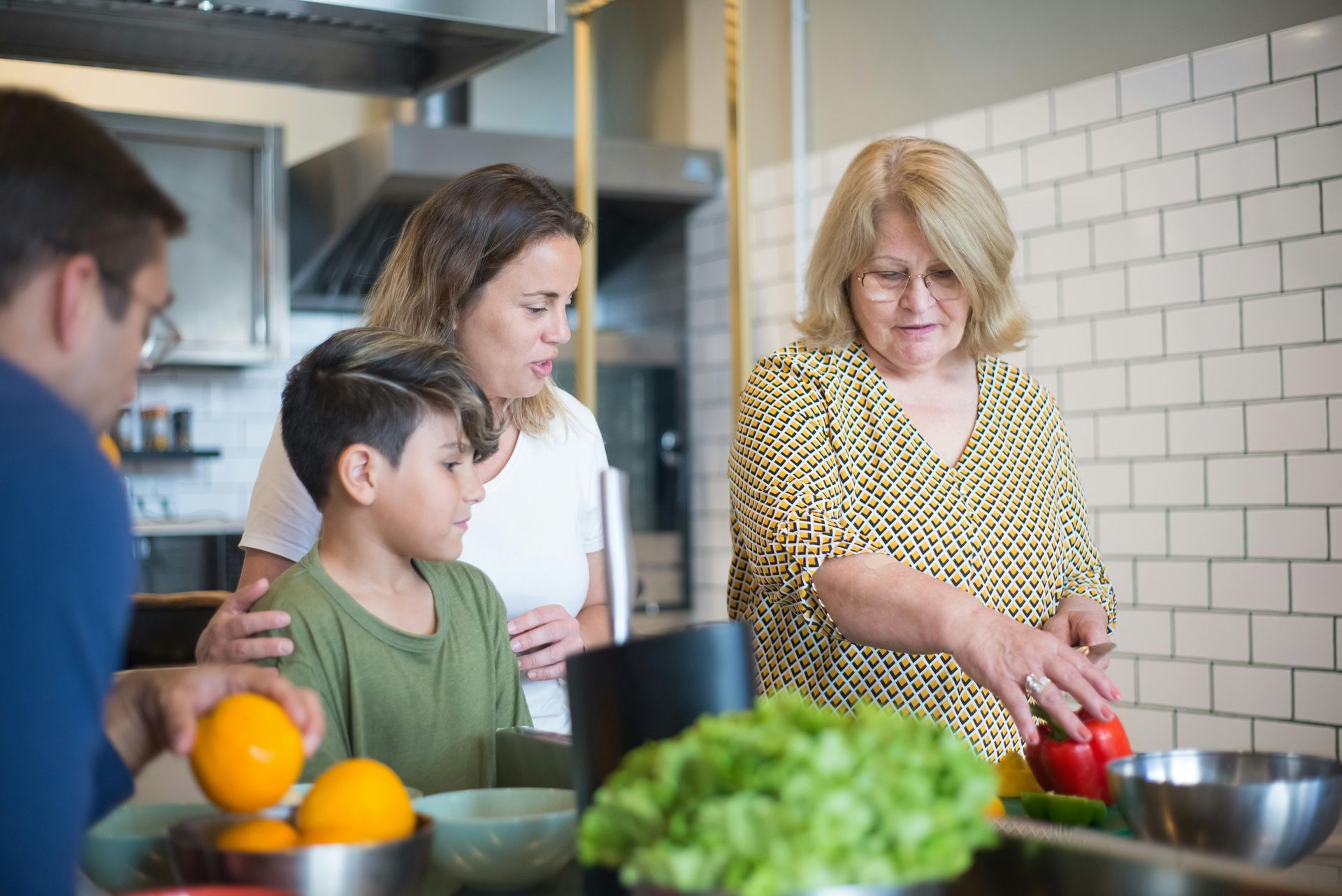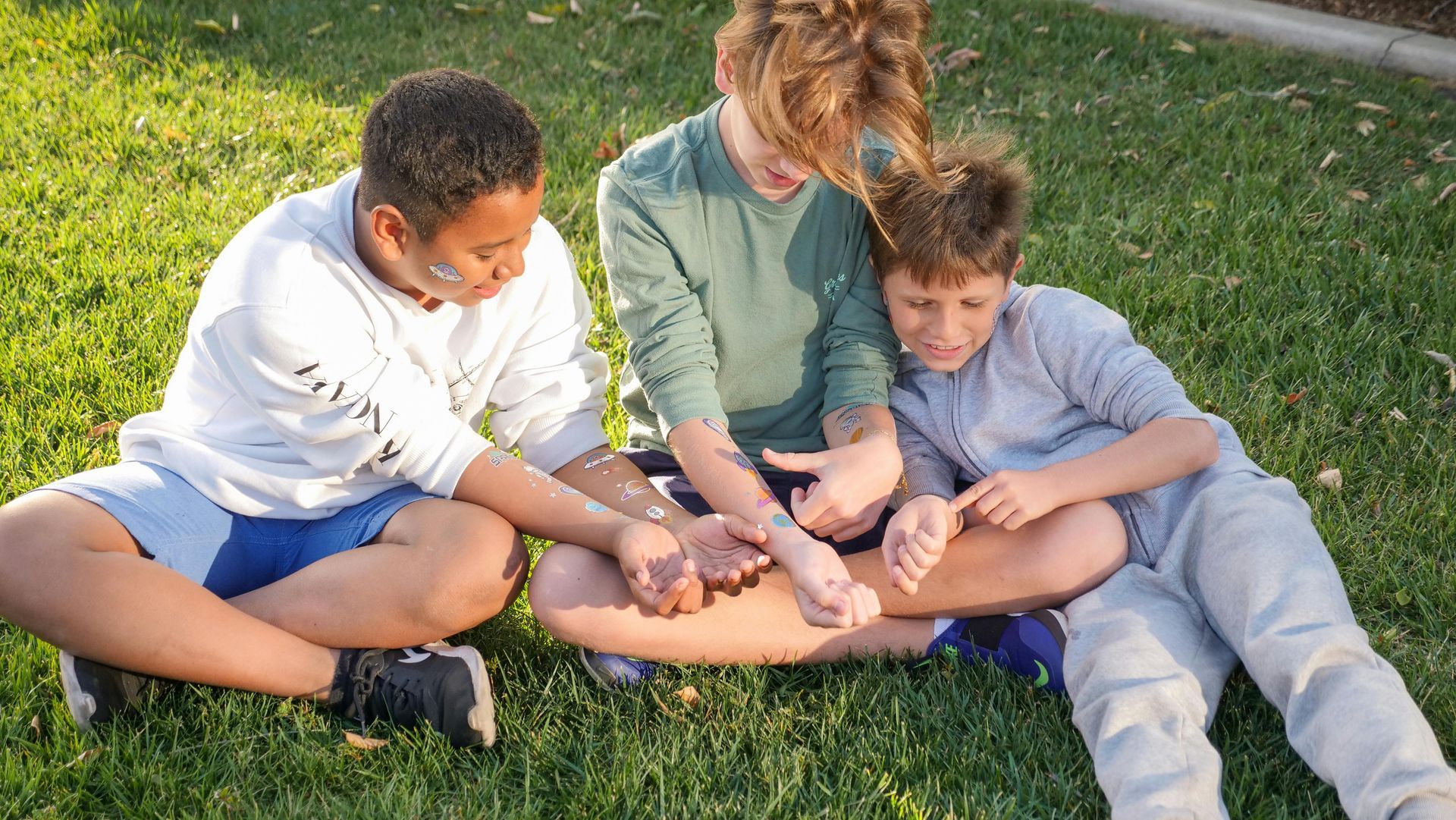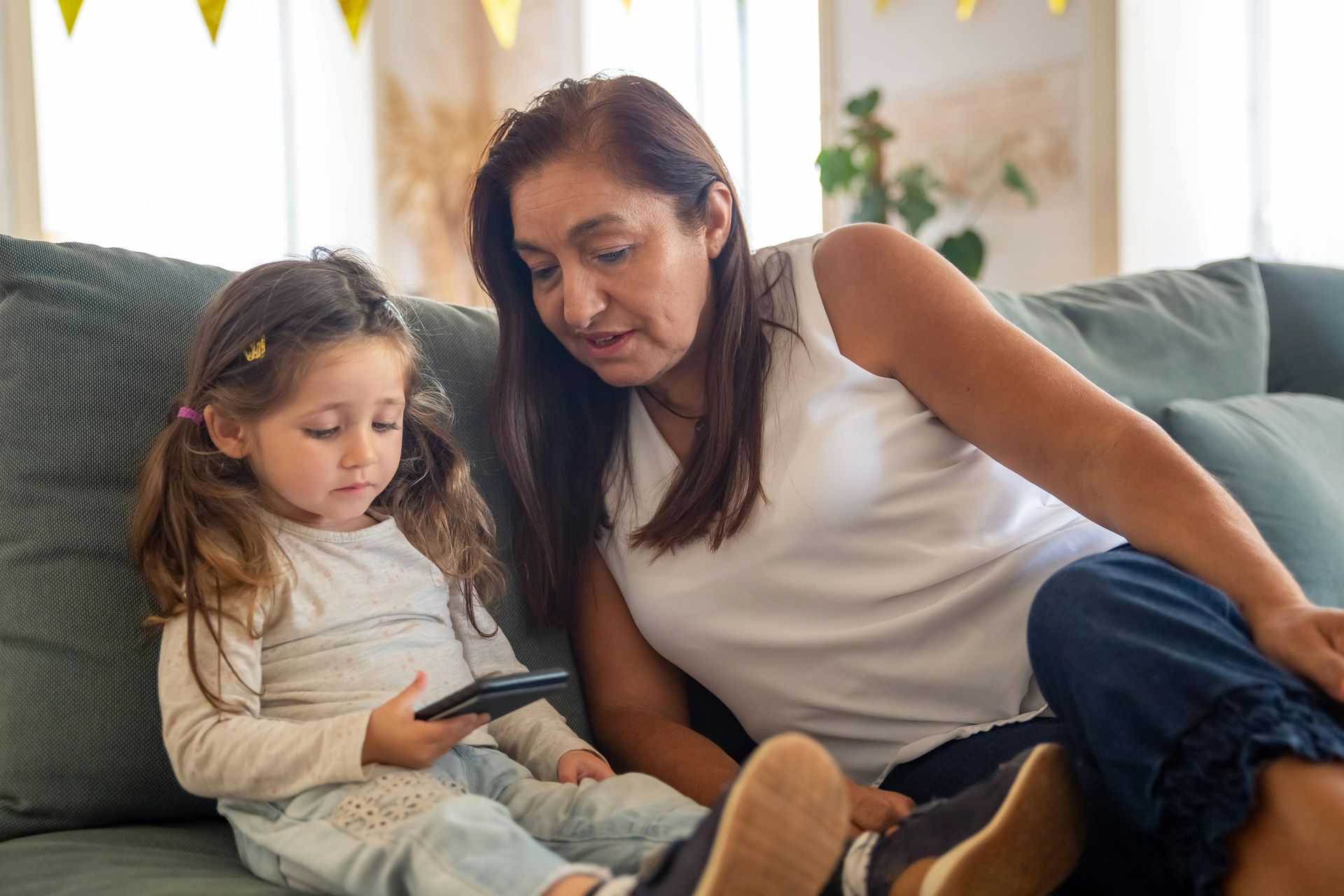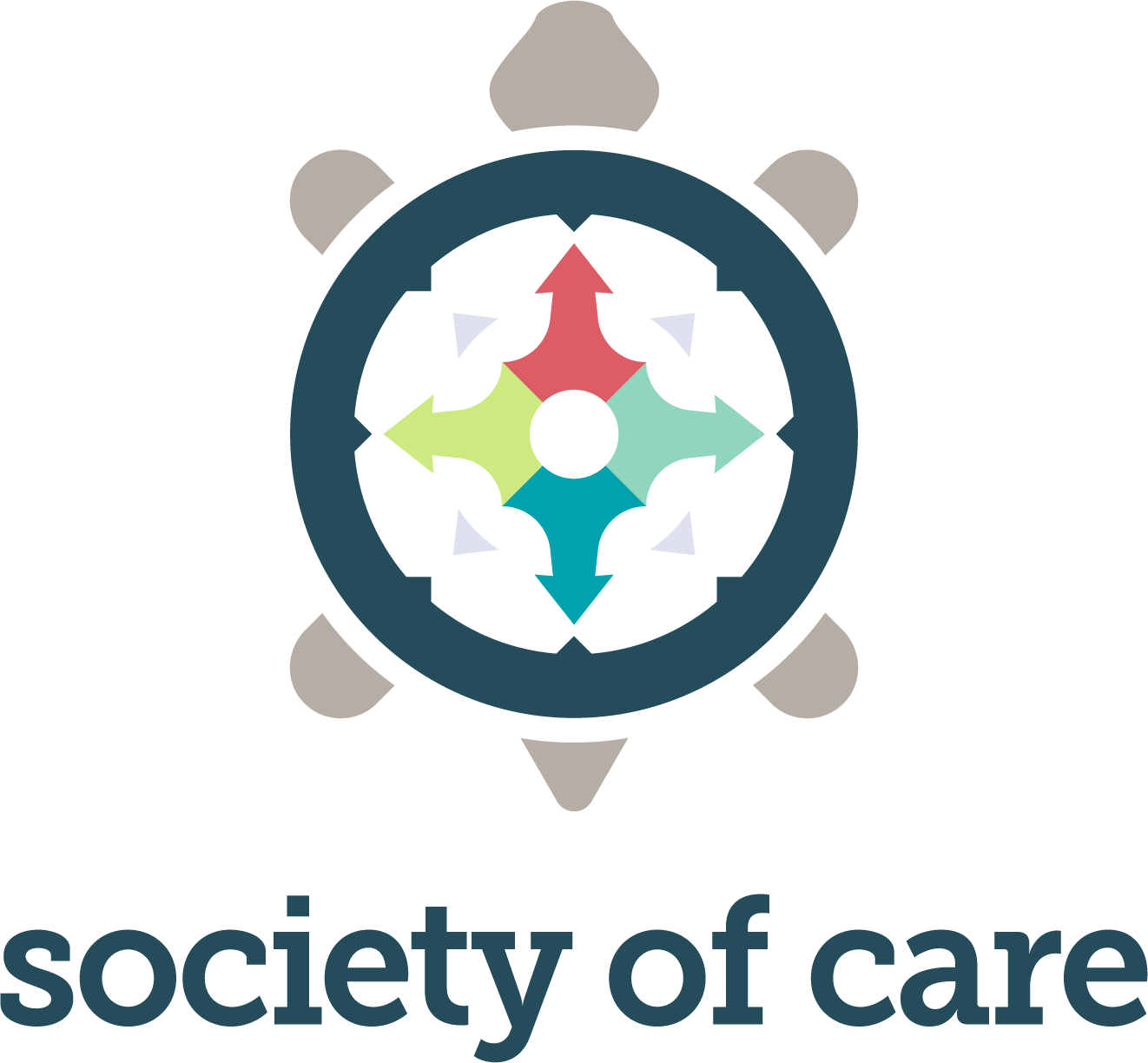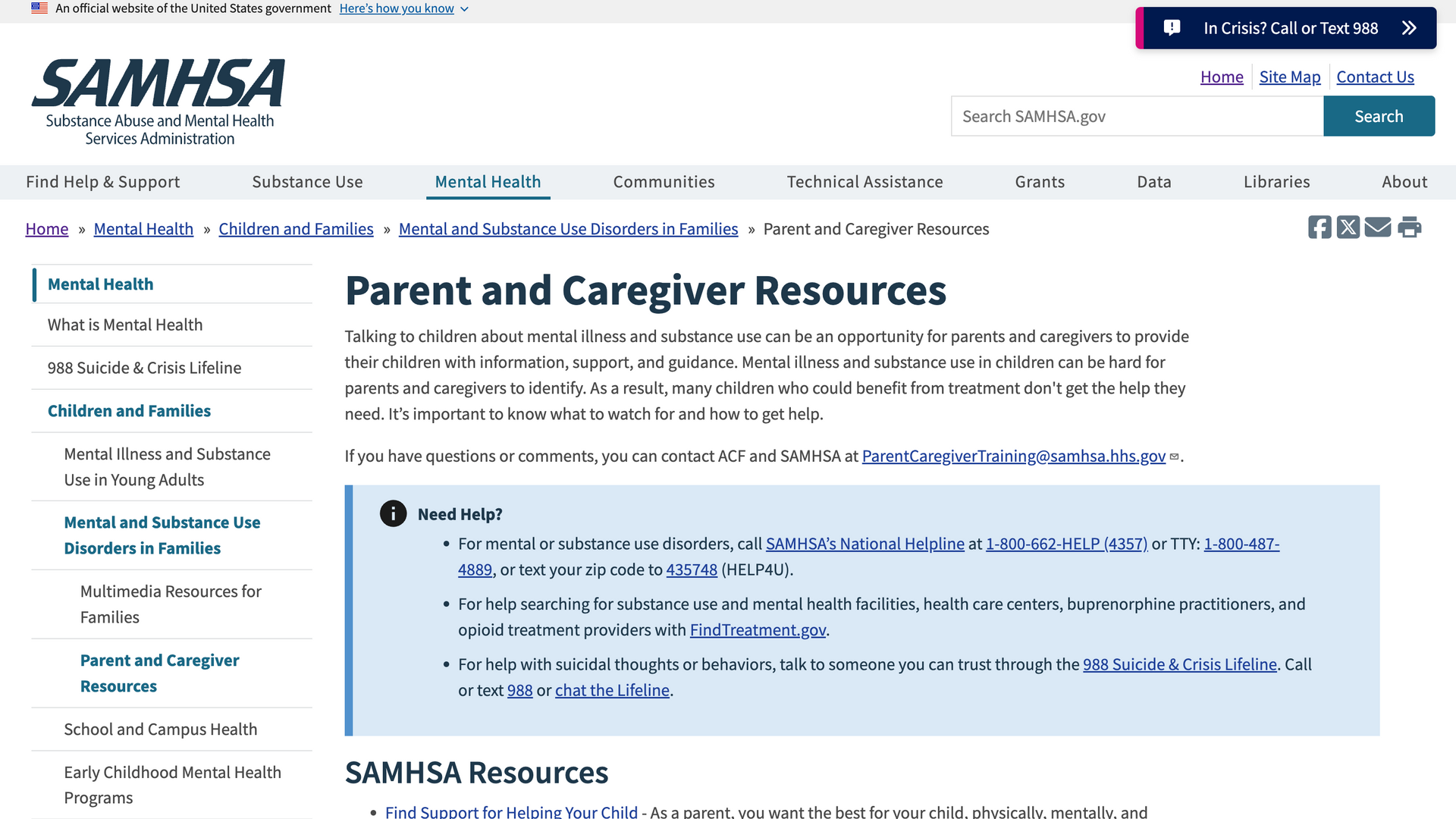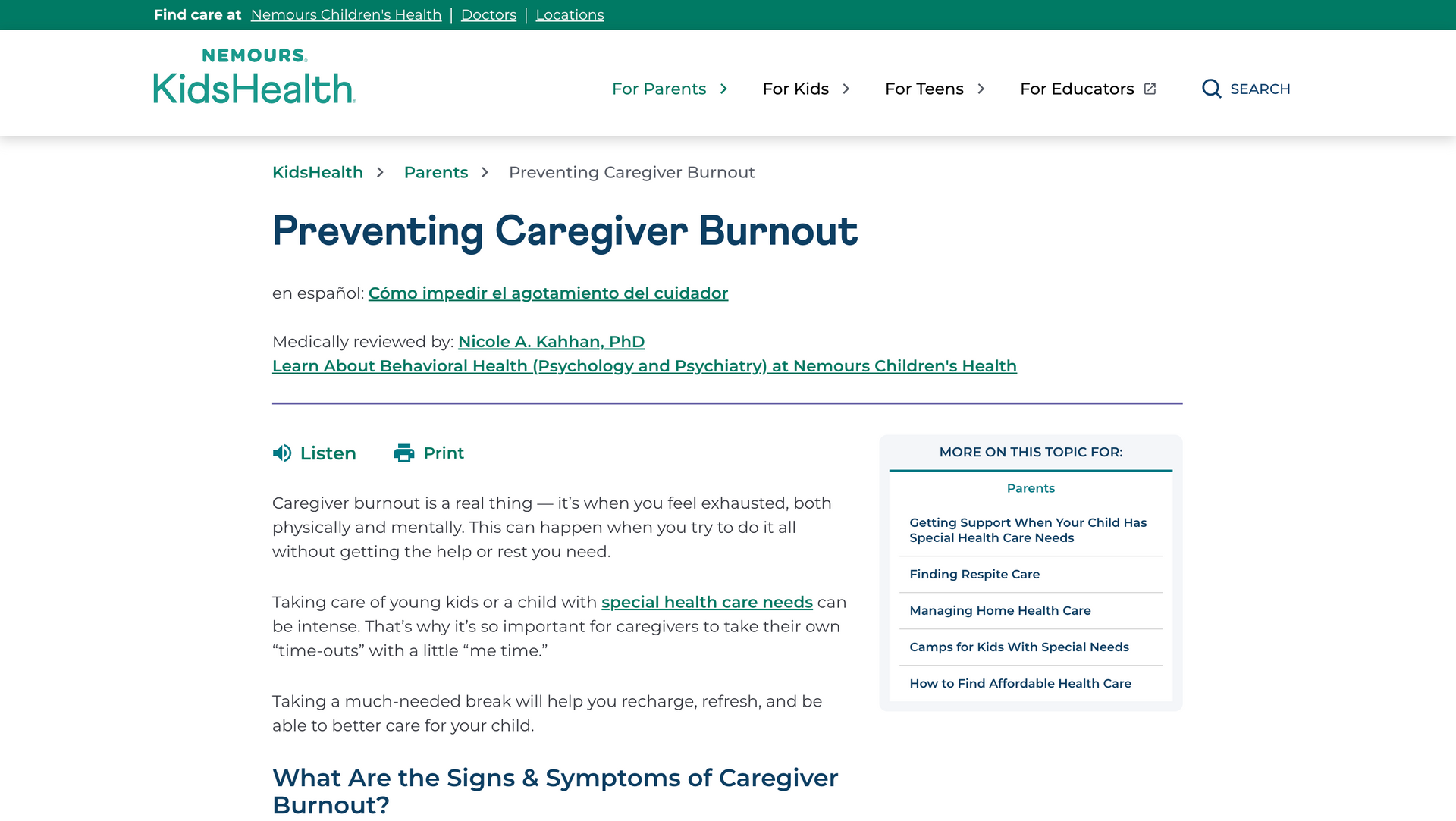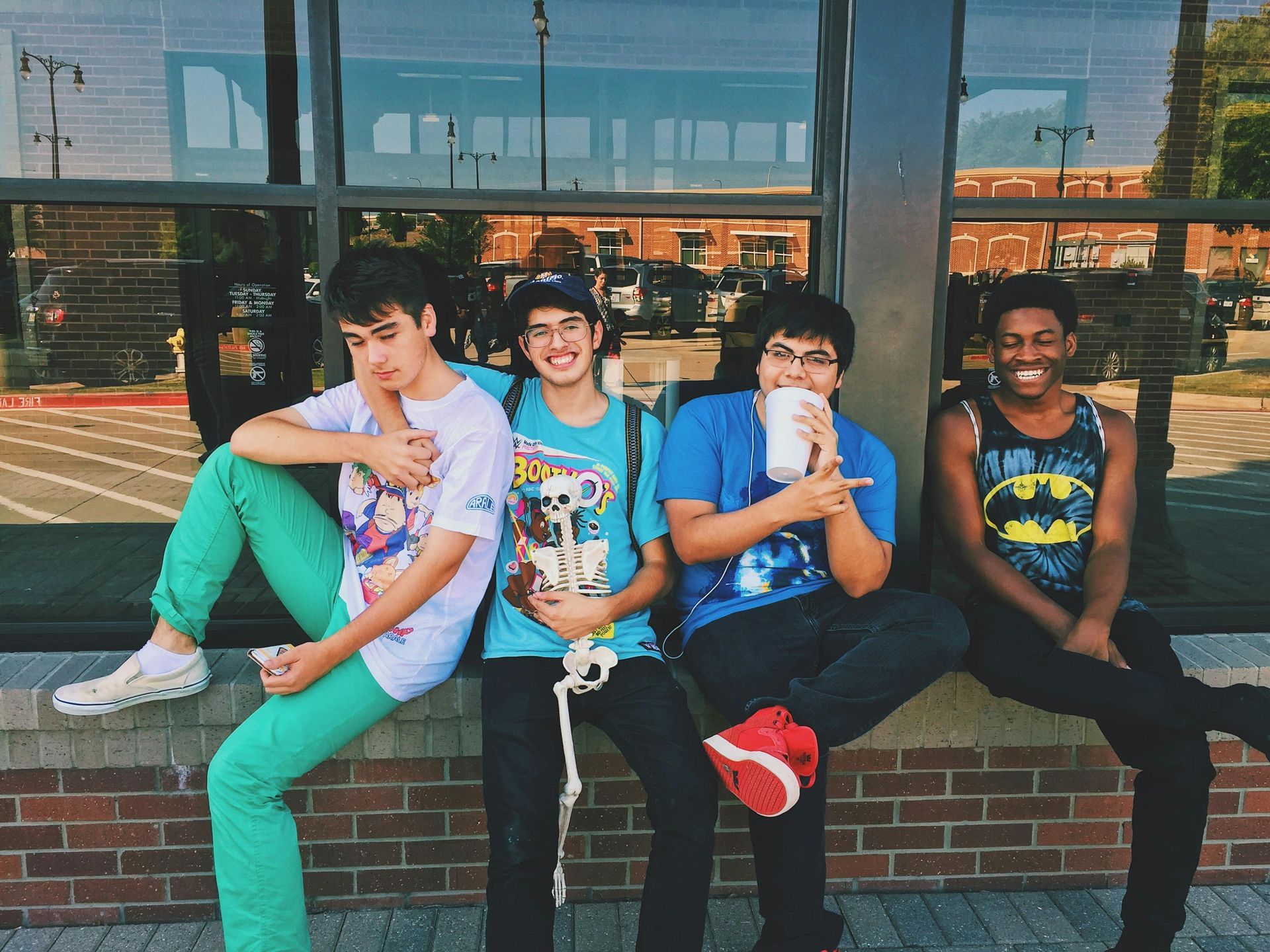Summer Burnout is Real: How to Spot It and What to Do About It
Summer might seem like a season of sunshine and relaxation, but for caregivers, it can often feel like anything but. Between shifting routines, school breaks, rising temperatures, and increased caregiving demands, burnout can sneak in faster than you think.
At Society of Care, we know that caregivers give so much, especially during the summer months when structure disappears and responsibilities pile up. If you’ve felt more overwhelmed than usual lately, you’re not alone. Summer burnout is real, and it deserves your attention.
What is Caregiver Burnout?
Caregiver burnout is a state of emotional, physical, and mental exhaustion that results from the prolonged stress of supporting others, often with little rest or personal time. It’s different from everyday tiredness. Burnout doesn’t just drain your energy, it can affect your outlook, health, and overall ability to keep up with the responsibilities you’re carrying.
During summer, many caregivers find that the usual support systems; like school, therapy sessions, or even predictable schedules, take a break. That means you might be “on” more hours of the day, without the same opportunities to reset.
Signs of Summer Burnout to Watch For.
Every caregiver experiences burnout differently, but some common red flags include:
- Emotional exhaustion or feeling emotionally “flat”
- Shorter temper or increased irritability
- Difficulty concentrating or staying organized
- Disrupted sleep patterns, whether it’s trouble falling asleep or oversleeping
- Physical symptoms such as tension headaches, stomach issues, or constant fatigue
- Avoiding social connection, even with people you trust
- Feeling unappreciated, invisible, or like your efforts don’t matter
Recognizing these signs early gives you the chance to step in and protect your well-being before the burnout deepens.
Simple Ways to Care for Yourself This Summer.
You don’t need a full vacation to restore your energy. Just a few intentional choices can make a meaningful difference:
1. Reclaim 10 Minutes
Start small. Step outside with a cold drink. Put on your favorite song. Sit in the quiet without your phone. It doesn’t need to be big, it just needs to be yours.
2. Create Micro-Routines
Routines provide comfort and predictability, especially when everything else feels scattered. Find one or two touchpoints in your day that you can count on. Like making tea at the same time, journaling before bed, or setting a daily alarm to pause and check in with yourself.
3. Say “No” Without Guilt
Caregivers are often the first to say “yes” and the last to ask for help. But saying no is a way of protecting your energy and honoring your limits. Practice saying no kindly and clearly, and remind yourself that boundaries are a form of care, too.
4. Check In With Your Body
Burnout often causes us to ignore basic needs. Are you drinking enough water? Eating balanced meals? Getting sunlight? A midday snack or a five-minute stretch break may sound simple, but they can anchor you in moments of overwhelm.
5. Ask for Support
Don’t wait for a crisis to reach out. Text a friend. Call a sibling. Ask a neighbor to watch your child for 30 minutes. Look into local respite options or online caregiver groups. Sometimes, just knowing someone sees you and supports you can lift a heavy weight.
6. Look for One Thing to Look Forward To
Having something, even something small, on the horizon can help shift your mindset. Whether it’s a walk alone this weekend or a favorite TV show at night, having that moment of joy matters.
Caregivers Deserve Summer, Too
You might not have the luxury of checking out for a week, but you do deserve rest, recognition, and care. Burnout doesn’t mean you’re broken. It means you’ve been running on empty, and it’s time to refill your tank.
At Society of Care, we see the work you do every day. We know how much love, effort, and sacrifice goes into caregiving, especially in seasons that feel heavier than expected. You are not alone. You are doing more than enough. And you are worth caring for, too.
Looking for more simple, supportive tools for the loved ones in your care? Enjoy these additional resources and explore our blog for ideas that help you nurture connection, one moment at a time. Or, Join our mailing list where we share more resources that accompany our blog posts.
Join Our Mailing List
